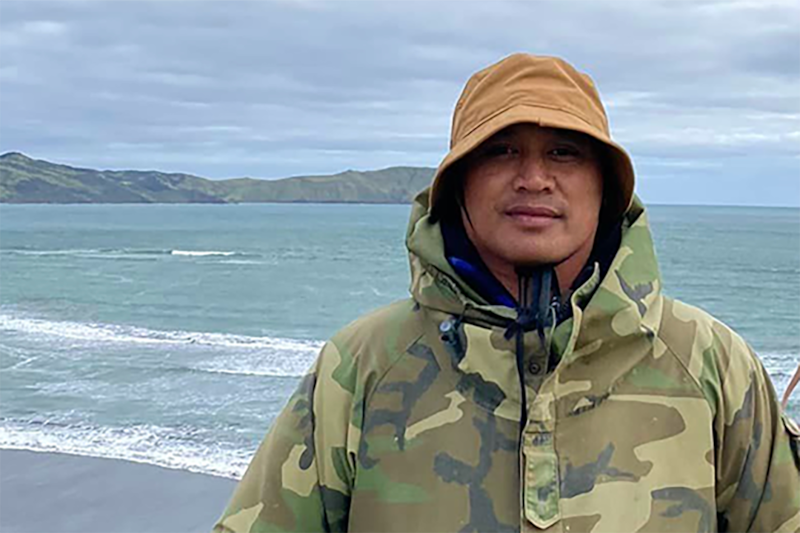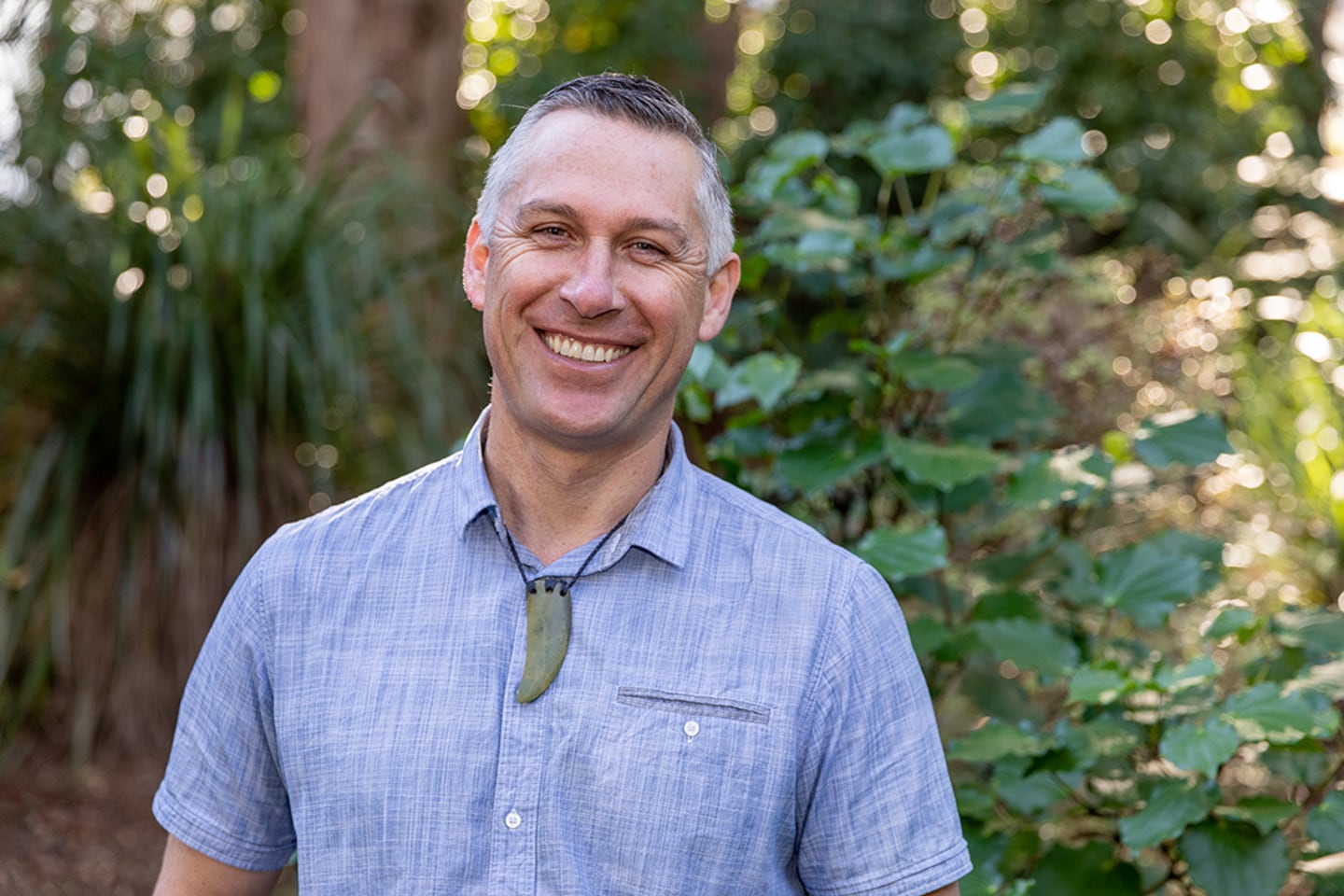Two Waikato University researchers are joining an international collaboration of indigenous experts looking at the urgent challenges of climate change and food security.
Associate Professor Maui Hudson (Te Whakatōhea, Ngāruahine, and Te Māhurehure) and Dr Haki Tuaupiki (Waikato, Ngāti Tūwharetoa) have been “shoulder-tapped” as investigators within a newly launched Center for Braiding Indigenous Knowledges and Science (CBIKS) based at the University of Massachusetts Amherst in the United States.
The centre aims to connect indigenous knowledge with mainstream western sciences to create new ways to address “some of the most pressing issues of our time,” the University of Waikato said.
“Climate change, including impacts on ecosystems; the threat to irreplaceable archaeological sites, sacred places, and cultural heritage; and the issues around changing food systems, all of which disproportionately affect Indigenous communities.”
The research team brings together the world’s leading indigenous natural, environmental and social scientists, representing Native American, First Nations, Métis, Native Hawaiian, Alaska Native, Māori and Indigenous Australian peoples.
Community-based research and place-based studies will be done in partnership with indigenous communities in eight international hubs, with the Waikato academics part of an Aotearoa contingent within the Pacific hub.
‘An important step’
“Combining Indigenous and mainstream Western sciences to address complex global problems is an important step towards more equitable partnerships with indigenous communities, the co-production of knowledge, and the development of place-based, community-centred solutions,” Hudson said.
He is the director of Waikato University’s Te Kotahi Research Institute, which supports research and capacity-building initiatives that support the aspirations of iwi, Māori and indigenous communities.
Hudson will co-lead the indigenous data sovereignty working group.
“This work is primarily about developing approaches and processes that enable the hubs and different studies to share traditional knowledge in the context of the different research activities while protecting that knowledge and ensuring it is not misappropriated.”
Tuaupiki said the indigenous knowledge will be used in a culturally safe way.
“Indigenous ancestral knowledge, with thousands of years of articulation and practice, has always been important and extremely valuable, never more so than now,” said Tuaupiki, who is a senior lecturer at Te Pua Wānanga ki te Ao - Faculty of Māori and Indigenous Studies.
“This international collaboration of Indigenous leaders and experts will see us utilise Indigenous ancestral wisdom in an ethical and culturally grounded way with the best of Western science to find solutions to climate change for our communities and the world.”

Tuaupiki is co-director of the Pacific hub, alongside Kelley Uyeoka from Huliauapa’a in Hawai’i, a cultural resource management non-profit organisation.
“Our work will focus on food sovereignty, traditional food restoration, wāhi kupuna (ancestral spaces) stewardship, and voyaging and navigation responses to climate change,” he said.
The CBIKS website says its research is fully community-based, developed from indigenous community priorities and conducted in full partnership with indigenous community partners across the United States and internationally, including 57 indigenous communities.
“CBIKS is about recognizing that Indigenous knowledge systems carry tremendous information and value, and it’s shortsighted to think that current research practices founded on Western knowledge systems are the only or ‘right’ approach,” said CBIKS director Professor Sonya Atalay.




